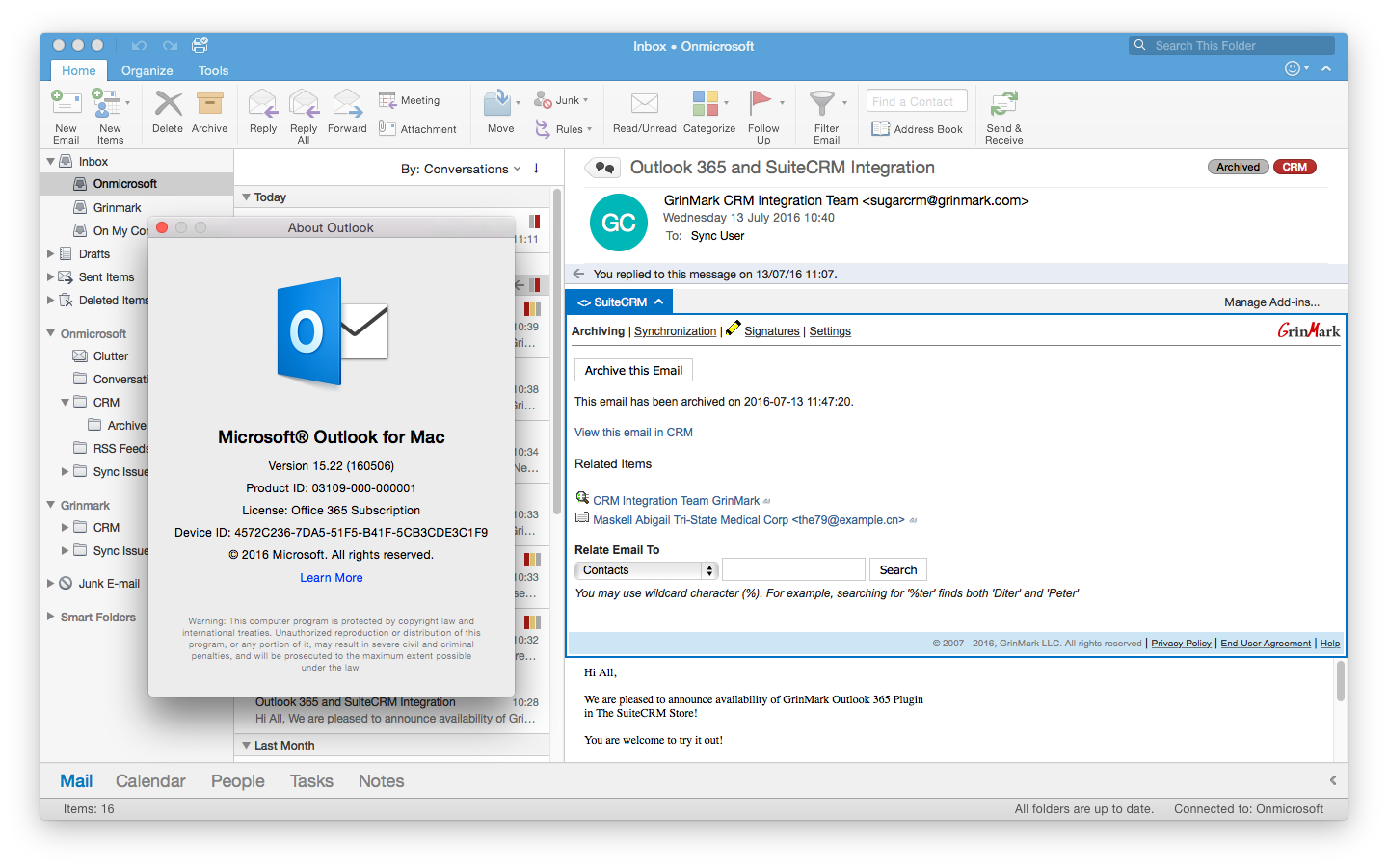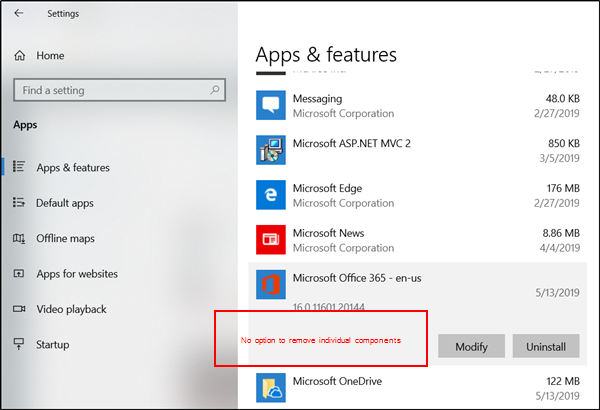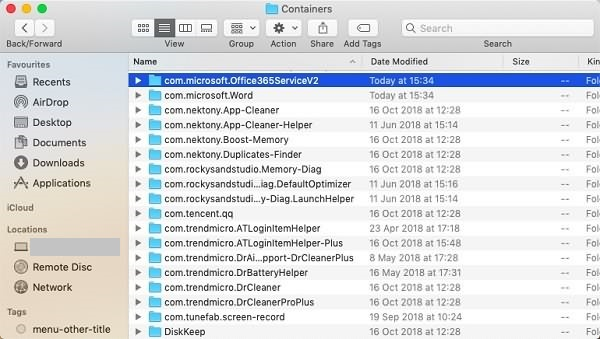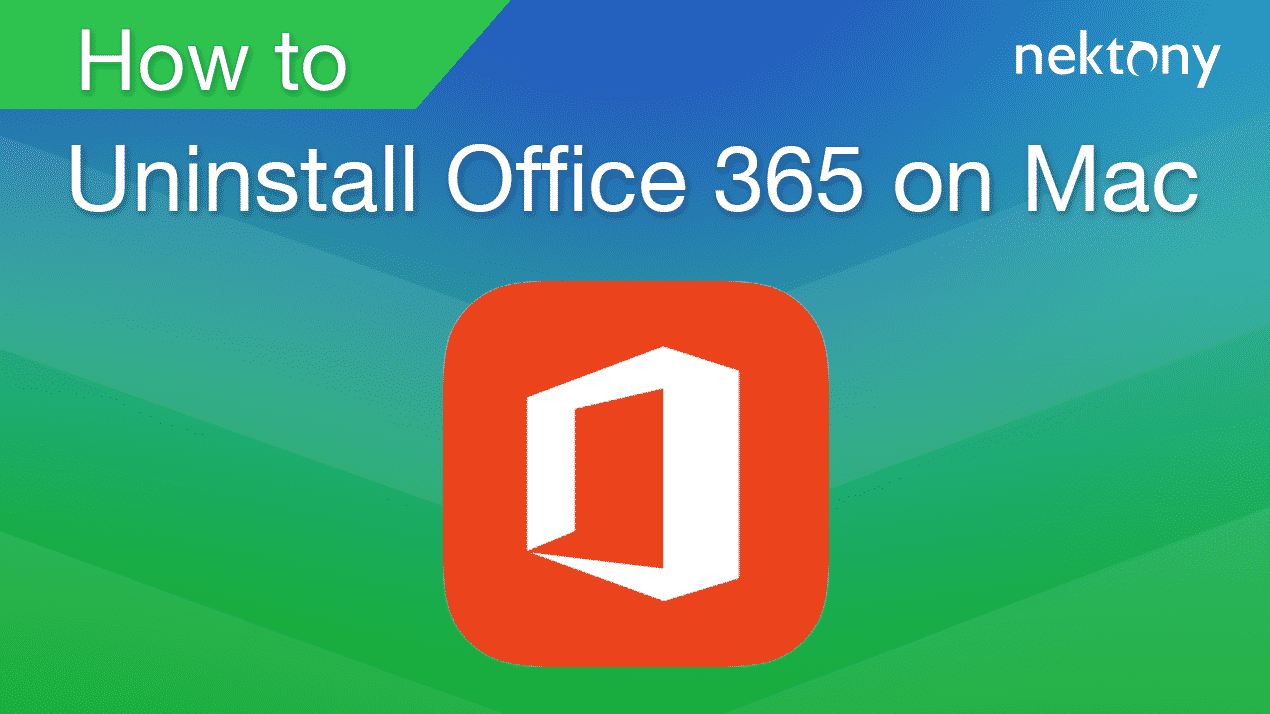

Restarting your Mac also solves all sorts of other problems like apps that refuse to open or an Apple Watch that won’t unlock your Mac, which is why it’s so often touted as a go-to troubleshooting solution. You can then check how much free space you have using Finder. If you’ve deleted everything but still aren’t seeing as much free space as you’d have hoped, give your Mac a restart by clicking Apple > Restart. Finally, open the Trash and click “Empty” to permanently delete everything you just removed. You can do this by clicking and dragging the dock icon until you see “Remove” appear, then release. Lastly, any dock items you might still have should be removed. On the User and Groups window choose your Account Name then go to the login items. Click on the User and Groups under the System Preferences. Remove Any Dock Icons Left Over and Empty Trash Another method is using the Mac setting: Go to the Apple icon at the menu bar, click the System Preferences, and drop the menu. any files that begin “Office2011_” from Library/Receipts.the “Microsoft” folder from Library/Fonts.the “Microsoft” folder from Library/Application Support.It’s also one of the most unpopular Mac users really do have a love/hate relationship with it. Lots of people install it, use it, then get so annoyed with it they uninstall it. Open Finder > Applications Locate and select Microsoft Office 2011 folder Drag-and-drop the entire folder to Trash Ctrl-click Trash and select Empty Trash.


.helper from Library/PrivilegedHelperTools However, uninstalling Office isn’t as easy as it should be, so here’s a step-by-step guide to show you how to uninstall every part of Microsoft Office.Afterward, you can then freely use your Office 365 apps on your PC or Mac. When first opening Office apps on your computer, you will need to sign in with your Microsoft 365 email address and password to use them. Once youve removed everything, empty the Trash and restart your Mac to complete the process.



 0 kommentar(er)
0 kommentar(er)
